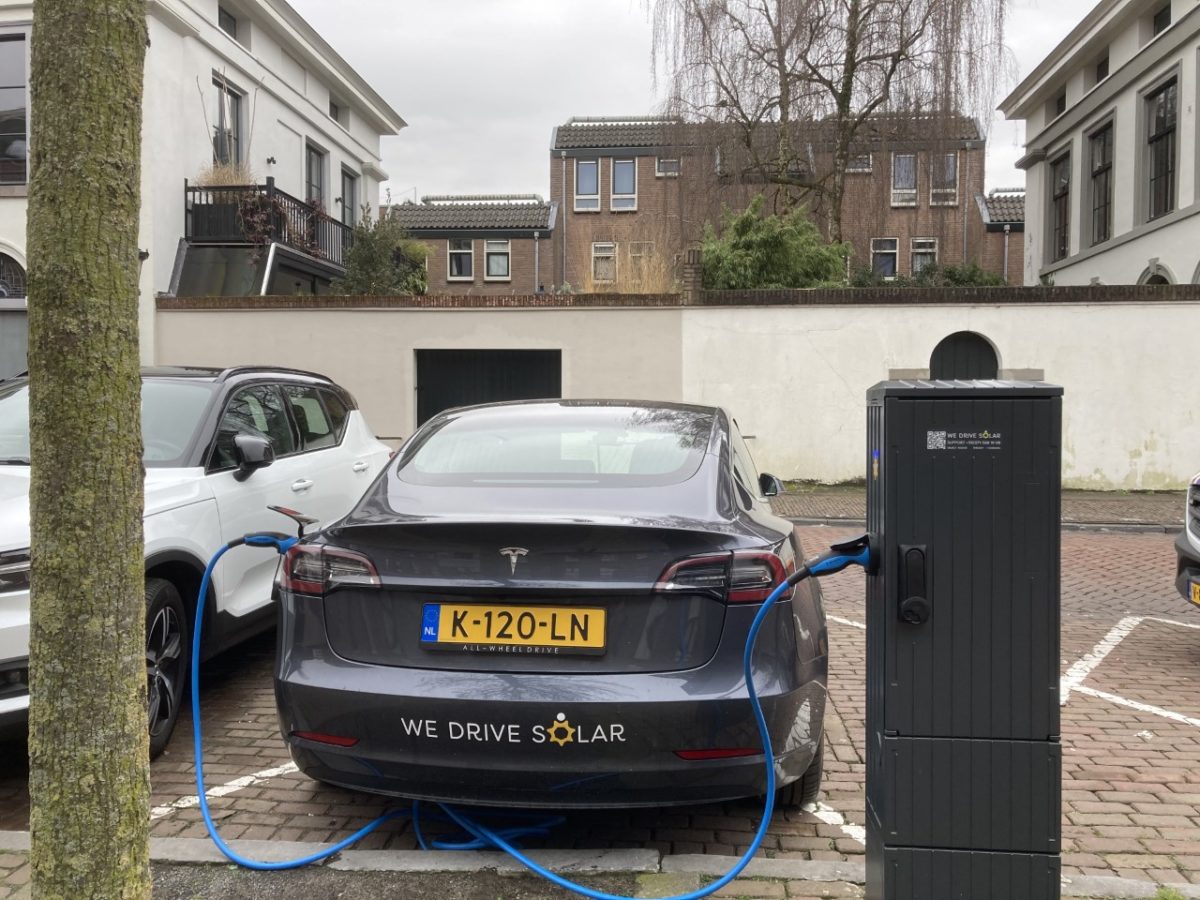The Netherlands has confirmed itself as one of the most creative and innovative countries when it comes to managing strong renewable energy development and, at the same time, an increasing number of grid-capacity issues. This week, Dutch start-up We Drive Solar and the Korean conglomerate Hyundai have announced a plan to deploy 500 EV recharging stations with bi-directional technology in the city and region of Utrecht.
Through the recharging stations, the electric vehicles will not only be recharged but also deliver power to the grid when the storage of renewable energy on a large scale is more needed. The stations will be initially tested on Hyundai's Ioniq 5 car, which is equipped with bi-directional charging technology. “By early 2022, the number of cars [will be] scaled up to 150 bidirectional shared cars in Utrecht,” the two companies said in a statement.
The project includes standardization and embedding of protocols, software-mediated control of charging stations, a scientific validation of the proposed “bi-directional ecosystem,” the large scale application of bidirectional shared cars in a green urban district, and coupling car-sharing reservations with bidirectional charging.
“Technical details of this project will be released at a later stage,” a spokesperson from We Drive Solar told pv magazine.
The Dutch company and Hyundai announced their partnership to bring this bi-directional solution to PV system owners, in mid-April.
We Drive Solar is also participating in the €3.3 million ‘Robust' research project aimed at providing the congested Dutch power network with more flexibility. Among the project partners there are, Delft University of Technology, Utrecht University of Applied Sciences, the Municipality of Utrecht, and the Municipality of Arnhem.
This content is protected by copyright and may not be reused. If you want to cooperate with us and would like to reuse some of our content, please contact: editors@pv-magazine.com.




By submitting this form you agree to pv magazine using your data for the purposes of publishing your comment.
Your personal data will only be disclosed or otherwise transmitted to third parties for the purposes of spam filtering or if this is necessary for technical maintenance of the website. Any other transfer to third parties will not take place unless this is justified on the basis of applicable data protection regulations or if pv magazine is legally obliged to do so.
You may revoke this consent at any time with effect for the future, in which case your personal data will be deleted immediately. Otherwise, your data will be deleted if pv magazine has processed your request or the purpose of data storage is fulfilled.
Further information on data privacy can be found in our Data Protection Policy.